Australian authorities turn a blind eye to Russian mafia money laundering
The Australian Federal Police and Austrac have failed for more than two years to investigate a suspected money-laundering operation run by the Russian mafia.
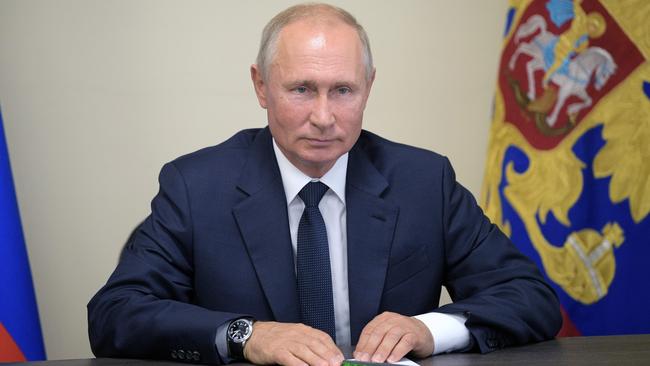
The Australian Federal Police and Austrac have failed for more than two years to investigate a suspected money-laundering operation run by the Russian mafia using Australian banks, despite being handed detailed evidence of the alleged crimes.
Billionaire hedge fund manager and anti-corruption activist Bill Browder, who handed over the explosive dossier in April 2018, has criticised the two crime-fighting bodies for “dropping the ball”, telling The Australian the failure was “shocking and extraordinary”.
“This was a very sophisticated, high-level Russian mafia money-laundering operation that directly involves Australia,” Mr Browder said. “It’s blood money — and the Australian authorities have done absolutely nothing.”
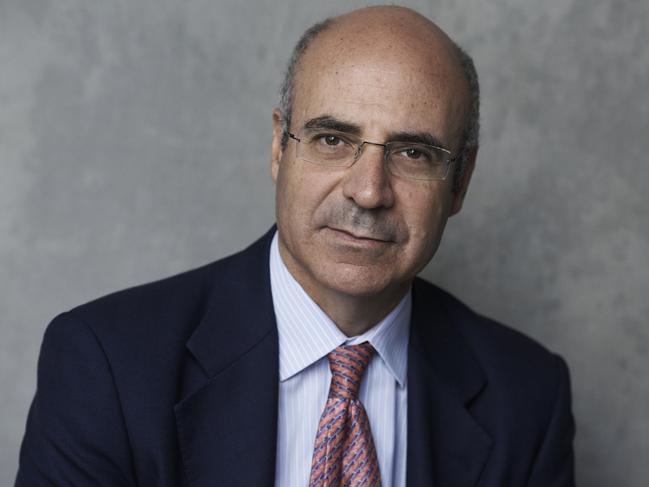
Mr Browder supplied the AFP with detailed bank records — seen by The Australian — revealing a total of $US3,472,098 ($4.6m) in payments to 11 Australian accounts from foreign accounts that received the co-mingled proceeds of a $US230m fraud on the Russian treasury perpetrated by officials linked to President Vladimir Putin.
Mr Browder, who has been described as Mr Putin’s “Enemy No 1”, is the driving force behind global “Magnitsky” anti-money laundering laws, named in honour of Mr Browder’s lawyer, Serge Magnitsky, who was imprisoned and killed after exposing the Russian treasury fraud.
Magnitsky laws are designed to stop high-level Russian criminals — often state officials — transferring their loot out of the country to invest in Western countries.
The US, Britain, Canada and the EU have passed Magnitsky laws and last week an Australian parliamentary inquiry recommended similar legislation after hearing evidence from Mr Browder. One of the key objectives is to “restrict access to Australia’s financial systems.”
More than a dozen countries have taken action over evidence supplied by Mr Browder of the Russian money-laundering operation, but he said the AFP didn’t bother to acknowledge his request, let alone investigate.
In a written statement, the AFP said it had “made a decision not to investigate the matter further” because of “the significant resources required to investigate the matter relative to other existing investigations and proceedings”.
The AFP also cited “the age of the matter, evidentiary and jurisdictional challenges, (and) complexities linked to the co-mingled nature of some of the funds in question” for its inaction.
The AFP said it had informed Mr Browder of its decision but in the nearly two weeks since The Australian asked, it has been unable to locate the correspondence it claims to have sent him.
This week, Mr Browder questioned Australia’s commitment to investigating money-laundering under its proposed Magnitsky laws. “If the evidence we provided them didn’t rise to the standard of investigation in Australia but did in 16 other countries, that raises some very serious questions about what, if anything, would be properly investigated in Australia,” Mr Browder said.
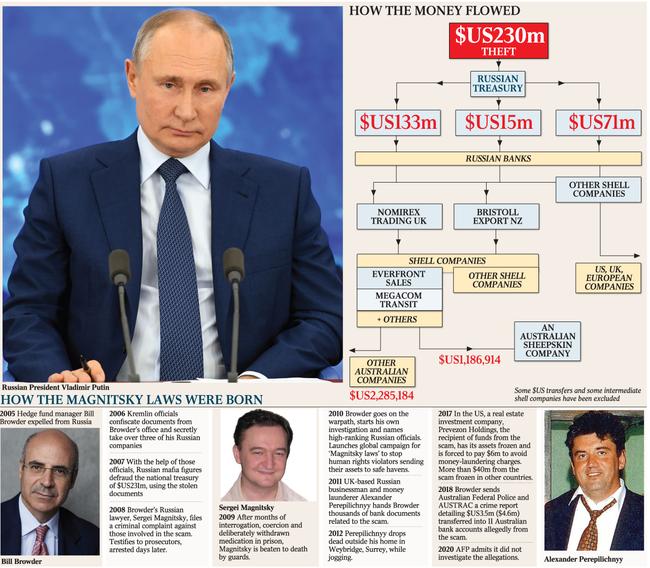
If the Russian money-laundering operation did send money here, Australia would be complicit in the very crime that sparked the worldwide Magnitsky acts, he said.
“This is blood money. This is the money that Sergei Magnitsky was killed over. And now it seems Australia’s law enforcement authorities can’t be bothered investigating.”
Mr Browder’s firm, Hermitage Capital Investments, was once the largest foreign investor in Russia, with $4bn in funds, but in 2005 he was expelled from the country after speaking out against corruption.
His Moscow offices were raided and stolen documents used by government officials and Russian gangsters to perpetrate the $US230m fraud on the Russian treasury.
When Magnitsky was arrested and murdered in prison, Mr Browder began a campaign to bring the killers to justice and track the stolen money.
Between February 2008 and March 2009, all of Australia’s big four banks, as well as HSBC, received funds originally sourced from the crime that led to Magnitsky’s murder, Mr Browder said.The recipients ranged from individuals to large companies, including leather exporters, aluminium manufacturers and a firm specialising in travel to Russia
In one case, almost $1.2m was sent to a Melbourne-based sheepskin company from the Estonian bank account of two companies called Megacom Transit Ltd and Everfront Sales.
“These [Estonian] companies are not in the sheepskin business, they are in the money-laundering business,” Mr Browder alleged. “They have been identified publicly in many other countries for being involved in money laundering.”
Australian recipients of the money may have been unaware of the real purpose of the transaction. Many companies involved have since gone out of business. Those still operating claim they had no suspicions about the source of the money.
Mr Browder believes the banks should have known better. “These wire transfers are from companies located in high risk jurisdictions — large amounts of money that can’t be justified, that should have raised a red flag, and any bank should have filed a suspicious activity report when this money came into their accounts,” he said.
“Nobody was asking any questions. If I have money transferred from somebody the bank doesn’t recognise, they ask me what the purpose of that transfer was.”
The five banks identified in the Browder report declined to comment on specific transactions put to them, but said they would assist authorities in any investigation.
Under proposed Australian legislation, “enforcement and investigation of money laundering will be done by an existing regulator with proven capacity to administer a funds tracking system”.
Austrac said it did not comment on investigations, nor give feedback to informants, but The Australian understands it did not carry out investigations into the allegations.
The Australian contacted several individuals associated with now-defunct companies identified in the Browder report. All said they had never been approached by the AFP or Austrac over the allegations.



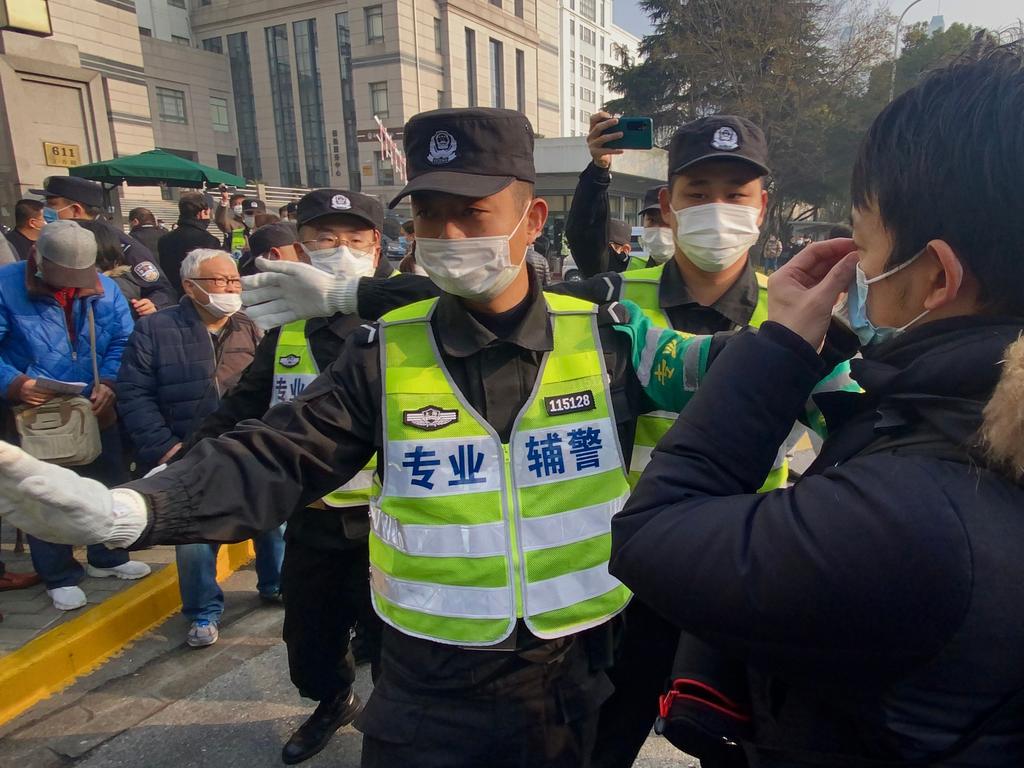
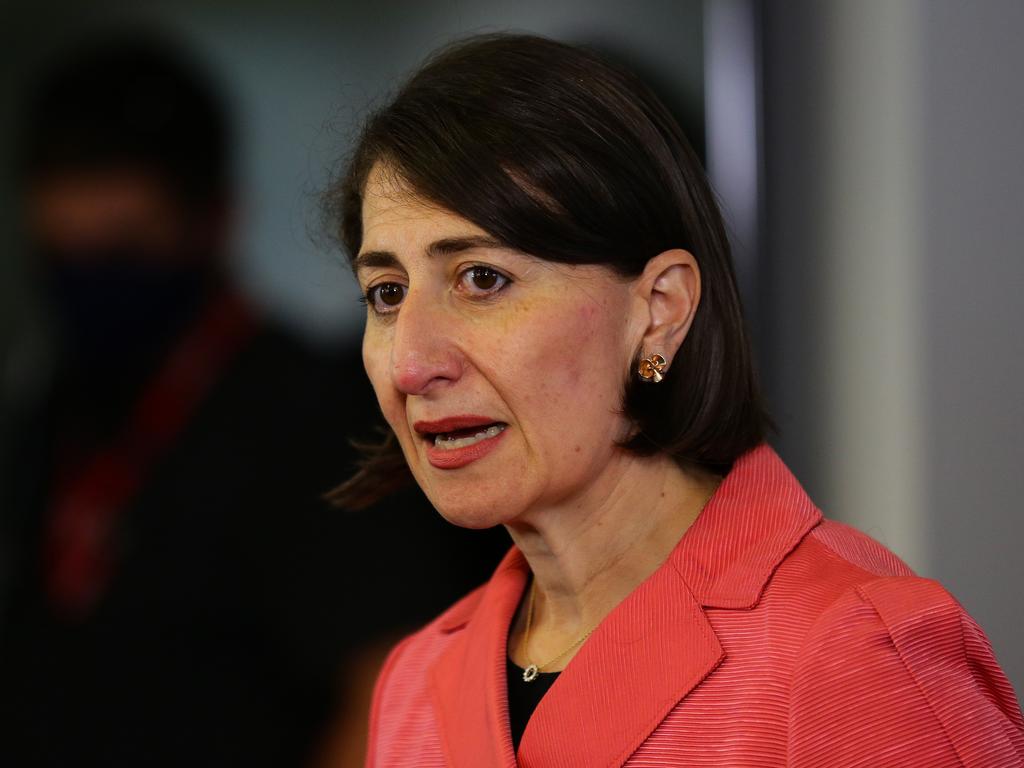

To join the conversation, please log in. Don't have an account? Register
Join the conversation, you are commenting as Logout